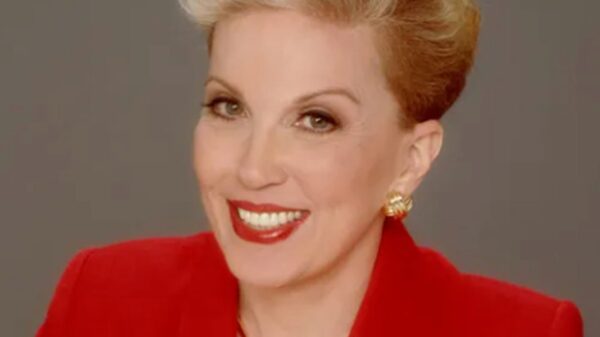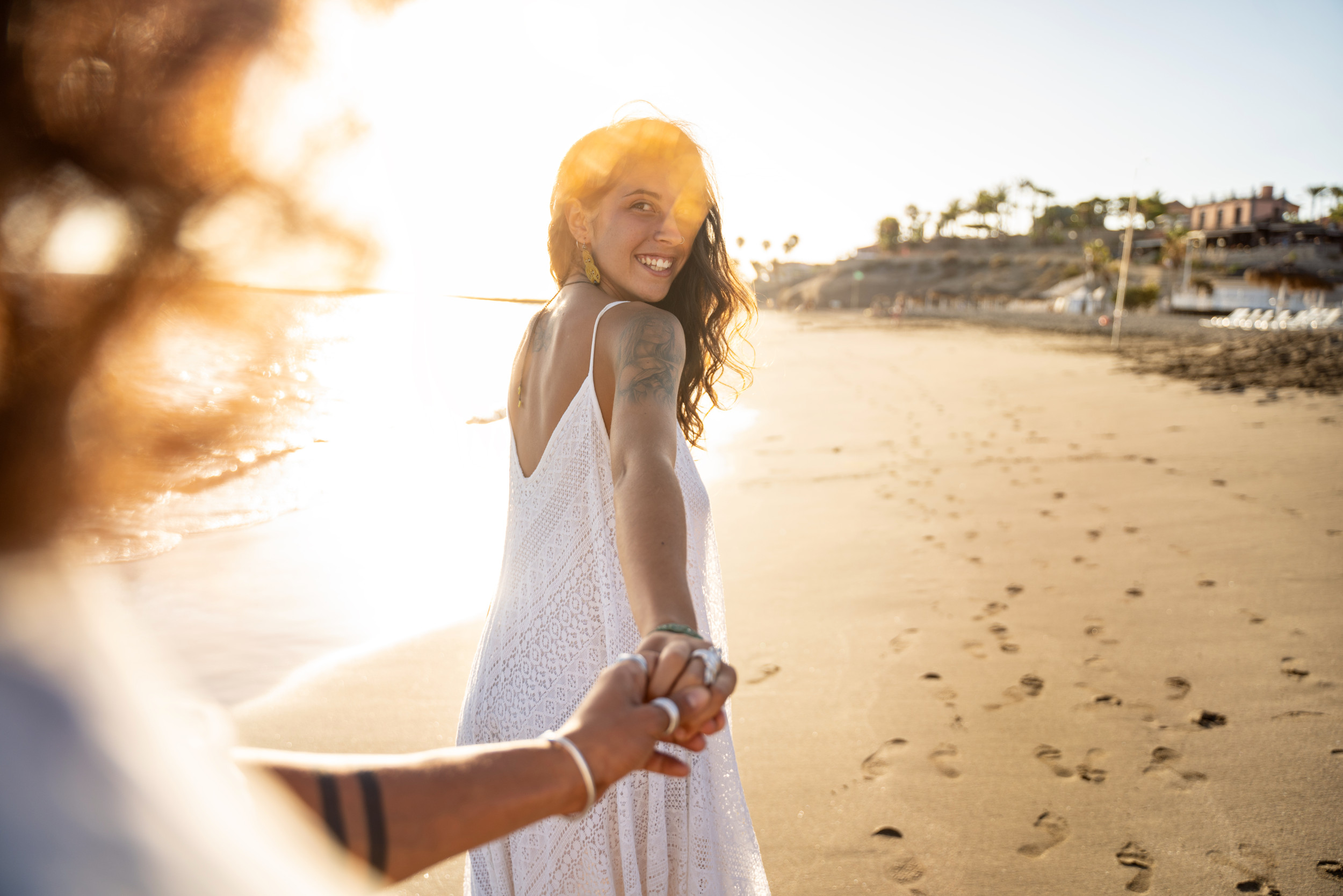URGENT UPDATE: Experts are sounding alarms over the intricate dynamics of relationships where one partner is viewed as more conventionally attractive. This phenomenon, as discussed by licensed clinical professional counselor Katrina Gelazius and licensed marriage and family therapist Daniel Moultrie, can lead to significant emotional challenges that complicate love lives.
New reports confirm that societal beauty standards create an additional burden on couples, complicating relationship dynamics and leading to self-doubt and insecurity. “Being in a relationship where one partner is significantly more or less conventionally attractive than the other can introduce challenges,” Gelazius told Newsweek. The experts stress that while attraction is subjective, the emotional toll from perceived imbalances can be profound.
IMPACT: This issue is pressing as it highlights how external judgments can fuel insecurities. Partners may face unsolicited comments and judgments from friends, family, and even strangers, leading to a cycle of self-doubt. Gelazius emphasizes, “This can fuel insecurity in the less-conventionally attractive partner, who might question why their partner chose them.” Furthermore, the more-attractive partner may grapple with feelings of guilt or frustration about their partner’s insecurities.
In a developing conversation on social media, Instagram user @notwildlin recently shared a humorous video about feeling like he is “punching” above his weight in attractiveness. This post on April 30 sparked a broader discussion about self-perception in relationships and the emotional truths behind attraction disparities.
DETAILS: According to Moultrie, perceived imbalances in attractiveness can trigger deep-seated psychological issues, particularly for those with histories of insecure attachment. “Internalized beauty standards may cause feelings of inadequacy, low self-worth, or anxiety about being ‘good enough,’” he explains. The emotional strain can lead to projection, where partners misinterpret neutral behaviors through the lens of their insecurities.
Couples facing these challenges must prioritize open communication and mutual respect to navigate societal judgments. Gelazius notes, “A strong emotional connection, mutual respect, and shared values can overshadow societal judgments.” The experts recommend setting boundaries against external opinions and regularly affirming each other’s worth to foster a healthier dynamic.
WHAT’S NEXT: As the conversation around beauty standards and relationships grows, therapists urge couples to engage in therapy to strengthen emotional connections. Moultrie highlights that these perceived imbalances can either fracture relationships or serve as opportunities for deeper intimacy.
The ongoing dialogue on social media offers insight into how attraction shapes relationship dynamics in today’s society. As more individuals share their experiences, it’s clear that emotional safety and mutual validation are crucial to overcoming societal pressures.
In light of these developments, experts continue to emphasize that when both partners feel valued and emotionally secure, conventional beauty disparities lose their grip on the relationship. As this conversation evolves, the importance of addressing underlying insecurities becomes more critical than ever.
Have you experienced challenges related to attractiveness in your relationships? Share your story with us at [email protected], and your insights could help others navigating similar issues.





































































